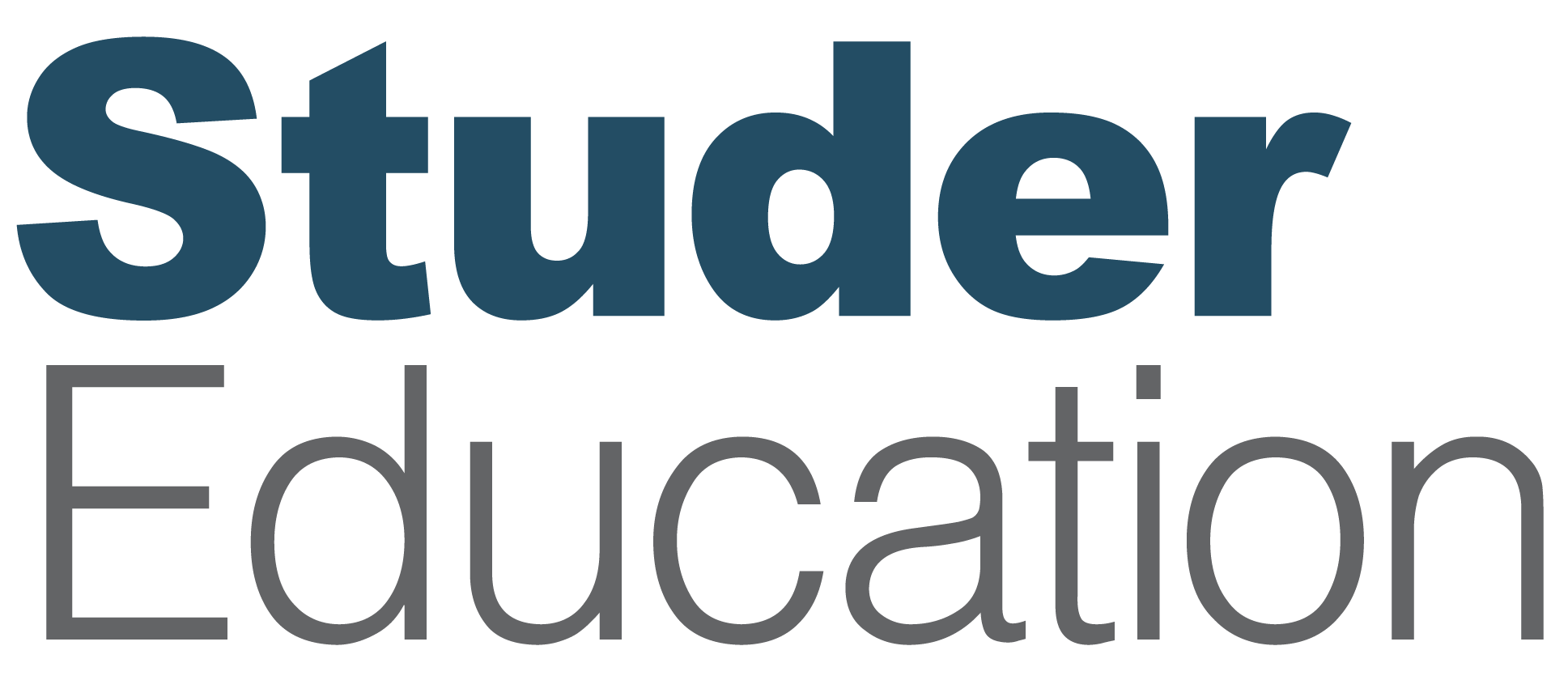
Fostering a Culture of Shared Ownership: Moving Beyond the ‘Messenger’ Mentality
Effective communication sets the tone for organizational culture in education, spanning from school district offices to classroom settings. Positive communication fosters a culture of trust, while negativity can lead to a blame-centric environment. Messenger mentality and ‘we/they’ culture undermines performance and trust within organizations.
“I just got word from the district office that they will be implementing a new grading system and we will all be required to attend multiple trainings in the next month to learn how to use it.” A collective sigh from the team follows the principal’s announcement along with talk of the anxiety and stress that always comes with changes from the district office. Does this ‘we/they’ statement sound familiar? ‘We/They’ is a common communication practice that happens in every kind of organization. It is any message that positions people or departments at odds with each other, especially when delivering difficult information. While the behavior is subtle and often unintentional, the result is far more damaging to the culture of the organization.
Navigating ‘We/They’ Culture
Dr. Janet Pilcher, Studer Education Managing Director and host of the Accelerate Your Performance (AYP) Podcast, underscores the critical importance of eliminating the “We/They” mindset. As she highlights in one of her first podcast episodes, “’We/They’ shuts down the possibility for achieving a great culture and limits opportunities for reaching organizational goals.”
On the AYP podcast, Janet emphasizes that “we/they” tends to be a default behavior in many organizations, stemming from a lack of awareness and training. “We do it because we’ve never been taught not to do it,” she explains. However, she emphasizes that with intentional effort, this detrimental pattern can be overcome, leading to dramatic improvements.
The challenge with eradicating “we/they” lies in its subtlety. Dr. Pilcher notes, “People don’t do it on purpose. What we are doing is what we naturally tend to do, and that’s shy away from conflict. We want to be liked and valued.” Because of this, deliberate, consistent efforts to reshape communication norms within educational leadership are vital.
In her book, Hardwiring Excellence in Education, Janet highlights the impact of “we/they” culture on organizational health. She stresses that this divisive language undermines unity and can impede progress. Reflecting on her own experiences as a college dean, Dr. Pilcher admits to using ‘we/they’ messages to avoid sharing difficult information, ultimately harming the organizational culture. She emphasizes the necessity of shifting away from this divisive communication pattern, urging leaders to foster unity and continuous improvement instead.
To combat the ‘we/they’ culture, Dr. Pilcher advocates for leading a culture of continuous improvement, akin to successful sports coaching philosophies. She references Nick Saban, legendary football coach for the University of Alabama known for his emphasis on ‘process thinking’ and relentless pursuit of improvement. Coach Saban’s approach accentuates the significance of focusing on incremental progress and executing each step with precision.
Transforming a “we/they” culture starts with education leaders modeling the change they wish to see. “It’s up to me to model that as a leader and to send that message with the right language so the team I’m leading understands how to do the same,” says Janet. This modeling creates a ripple effect, encouraging everyone in the organization to adopt more positive and inclusive communication practices.
Eliminating the “we/they” mindset goes beyond leadership; it requires collective effort from everyone in the organization as it affects everyone in the organization. A shared commitment is essential to foster a culture of trust, collaboration, and high performance.
Key Communication Strategies to Eliminate Blame Behavior
Embrace Ownership Over “We/They”
Replace deflective language with accountability. Instead of phrases like “Let me run it by my boss,” take ownership by saying, “Let me research that and get back to you.”
Instead of saying, “I would if I could but they wouldn’t let me,” try “I would have to say no because as a team we have decided to prioritize ___ as the best way to achieve our goals.”
Instead of saying, “I would have an answer but I still haven’t heard from ____,” take ownership by saying, “I apologize that I have not gotten you an answer. I recommit to getting you an answer and I ask that you email me by Friday if I have not done so.”
Script Thoughtful Communication
Provide specific talking points and encourage transparent, blame-free communication. Scripting communication promotes thoughtful responses and minimizes the use of blaming language.
Seek Understanding Before Blame
Encourage a mindset of empathy and understanding. Before placing blame or criticism, strive to understand the perspectives and challenges of others. This approach not only reduces tension but also paves the way for collaborative problem-solving.
Lead by Example
Consistently model positive communication behaviors to set the tone. Dr. Pilcher emphasizes the importance of monitoring language to ensure alignment with desired cultural norms. This intentional leadership sets the stage for inclusive and respectful interactions across the organization.
By breaking free from the “we/they” mindset and fostering a culture of ownership, empathy, and collaboration, education leaders can create environments where trust flourishes, performance excels, and individuals thrive. After all, as Dr. Pilcher aptly puts it, “All of us want to work in an organization where we have confidence and trust in leaders.”
KEY TAKEAWAYS
Think differently.
Shift from a ‘We/They’ mindset to one of collective ownership and accountability, recognizing the impact of communication on organizational culture. Embrace empathy and understanding to foster unity and trust within educational leadership.
Plan differently.
Develop scripted communication strategies that promote transparency and collaboration, minimizing blame and promoting thoughtful responses. Encourage a culture of continuous improvement, focusing on incremental progress and precision in execution.
Act differently.
Lead by example, modeling positive communication behaviors and setting the tone for inclusive interactions. Foster a shared commitment to nurturing a culture defined by trust, collaboration, and high performance.
-
KK Owen Leader Coach
-
Janet Pilcher President
Continue Your Learning
Boost your team’s culture with our We/They Activity—a concise, impactful 30-minute professional development session with strategies and exercises to foster unity and ownership in your workplace.
Related Podcast Episodes




